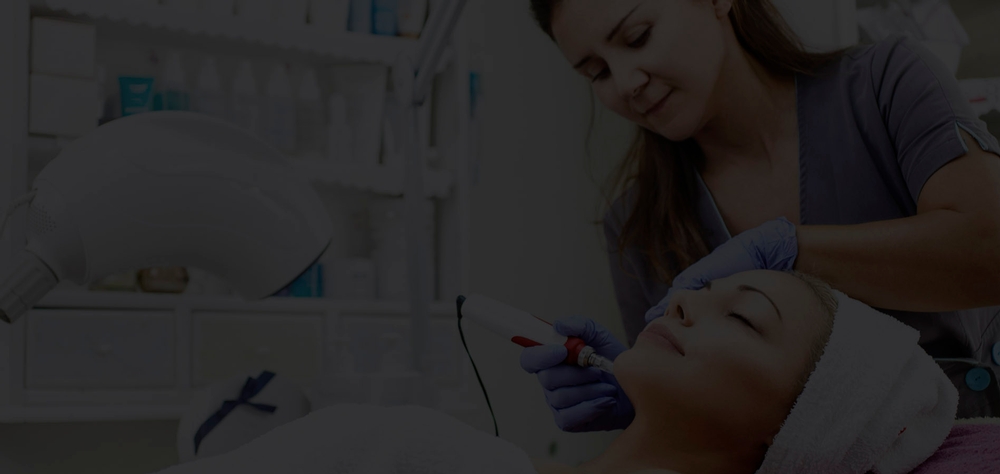
Recent Posts:
- When a Dental License Investigation Results in a Dental Malpractice Complaint
- Defending Your South Carolina Teaching Certificate
- South Carolina Alcohol Beverage License Defense
- Responding to a South Carolina Board of Medical Examiners Complaint
- Three Things to Consider when Applying for, or Renewing, a Nursing License in SC
Categories:

SC LLR Neuromodulator Guidelines: Botox Injections and Licensure
December 04, 2017 by Robyn W. Madden
SC LLR Issues Joint Advisory Opinion on Neuromodulator Injections
Botox, Juvederm and other neuromodular injectable and filler treatments have become increasingly popular over the past several years. Practices across the state and beyond have added cosmetic services to their patient care practices.
The South Carolina Board of Dentistry, Medical Examiners and Nursing recently issued a joint advisory opinion detailing the SC LLR neuromodulator guidelines. The advisory opinion outlines who may administer an injectable in South Carolina, required training, and when supervision of administration is required. The SC LLR neuromodular guidelines both protect the public and provide guidance to licensees concerning the appropriate scope of practice when administering injectables or fillers.
Neuromodular injectables, including Botox, Xeomin, and Dysport are routinely administered to temporarily fill lines and wrinkles, crow’s feet, and forehead furrows cause by the aging process. Administration to reduce facial lines and wrinkles is considered cosmetic.
SC LLR Neuromodulator Guidelines
Cosmetic Use Requirements:
- Proper South Carolina licensure;
- Documented special education or training;
- A bona-fide patient practitioner relationship must be established prior to injection;
- Adherence to the FDA and manufacturer’s guidelines for neuromodulator storage, reconstitution, product management, and administration to ensure patient safety;
- Neuromodulators should be administered in an appropriate clinical setting. Licensees must ensure that the location is sterile and that resuscitative measures may be applied if necessary.
Cosmetic use may be delegated to an appropriately qualified licensee. The SC LLR neuromodulator guidelines provide that if neuromodulators are administered as a delegated act, the physician or dentist must be onsite and readily available for any problem(s) which occur.
Physician Assistants and Injectable Administration
The recently issued SC LLR Neuromodulator advisory opinion supports administration by a physician assistant pursuant to written protocols established, and signed, by the supervising physician. If you are a licensed South Carolina physician assistant who administers injectables, we strongly recommend that you review your current protocols to ensure that the delegation is clear and that you are practicing within the confines of the governing protocol.
Nurse Practitioners and Injectable Administration
The recently issued SC LLR neuromodulator guidelines support administration of an injectable(s) pursuant to a written protocol established, and executed by, the supervising physician or dentist. If you are a licensed South Carolina APRN who administers injectables, we strongly recommend that you review your current protocols to ensure that the delegation is clear and that you are practicing within the confines of the governing protocol. You should also ensure that the paperwork reflecting your supervising physician is current with the South Carolina Board of Nursing.
Non-cosmetic Injectables
Non-cosmetic injectable administration may not be delegated in South Carolina. Non-cosmetic applications, including migraine treatment, hyperactive bladder, and excessive sweating must be administered by a physician or dentist.
If your injectable administration has been called into question, we offer a consultation to discuss the facts specific to your case as well as what you may expect. We frequently handle cases before the South Carolina Board of Nursing, Medical Examiners and Dentistry and are here to provide any assistance you may need. 803.227.4254